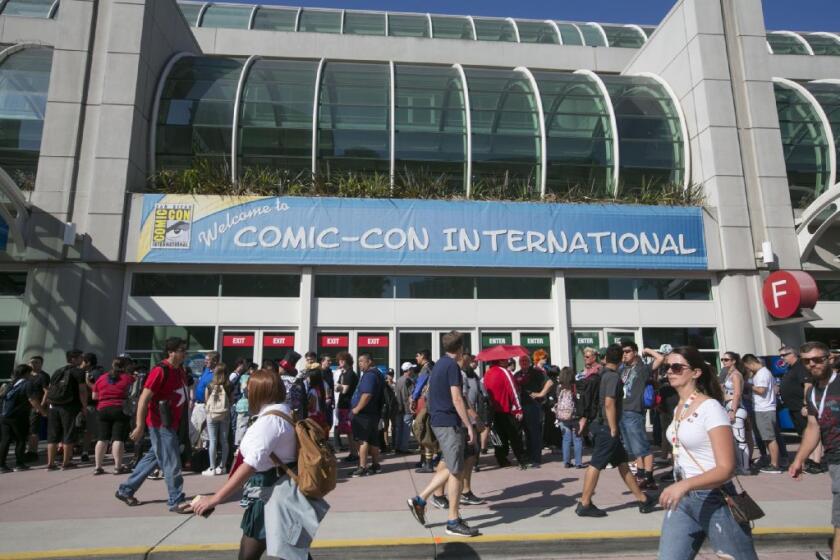White House ‘red line’: A ‘heavy price’ if Syria uses chemical weapons
An ominous message from the White House late Monday warned Syria that it “will pay a heavy price” if it carries out another chemical attack against civilians, including children.
The statement took U.S. military officials by surprise, The New York Times reported, and it also sparked immediate reactions from lawmakers in Washington. And it raised some questions about what the U.S. could do if such an attack happens again.
Here’s some questions and answers that could help clear up the story:
1. What did the White House say on Monday?
Late Monday evening, the White House said the U.S. “has identified potential preparations for another chemical weapons attack by the Assad regime that would likely result in the mass murder of civilians, including innocent children … If, however, Mr. Assad conducts another mass murder attack using chemical weapons, he and his military will pay a heavy price.”
U.S. ambassador to the U.N. Nikki Haley went further in a tweet, saying that Syria’s allies, Russia and Iran, would also be blamed for such an attack.
2. What led the White House to issue this statement?
Over the last several days, the U.S. identified activity at an aircraft shelter in Shayrat airfield — the same airfield struck by missiles from the U.S. military on April 6 — and that evidence was becoming more “compelling” and “strongly suggestive of intent” within the last 24 hours, the Pentagon told CBS News.
3. What kind of response could the U.S. have?
It’s unclear at this point what the U.S. will do next but here’s a bit of backstory. On April 6, the U.S. military launched Tomahawk missiles that struck Shayrat airfield in response to the Syrian regime’s chemical weapon attack on civilians.
Related: 5 reasons U.S. Navy used Tomahawk missiles to strike Syria
The missile attack did not appear to inflict much damage to Syrian forces, however, and foreign affairs analyst Vladimir Frolov told The New York Times that the missile strike was “just a symbolic act meant for Trump to look different from Obama.”
Neither the White House nor the Pentagon have said yet what the U.S. intends to do if the Syrian regime launches another chemical attack.
4. Is this President Donald Trump’s ‘red line’?
Some people are comparing this to former President Barack Obama’s famous “red line.” Obama’s ultimatum on chemical attacks on civilians drew criticism from those against U.S. involvement in Syria’s and those who didn’t believe it went far enough to dissuade the Assad regime.
Former State Department adviser Fred Hof told Business Insider that Trump’s “red line” is different from that of Obama’s because, he said, “Trump’s is real.” Hof cited the missile attack in April as evidence that Trump’s warning comes with teeth.
"This is no Obama 'red line.' If the regime goes forward with a chemical assault it will assuredly pay a steep price," Hof told the news site.
5. So what will happen next?
The U.S. is fighting the Islamic State in Syria and it has a limited military presence there, but it’s unclear whether it would send additional resources to respond to chemical attacks by the Assad regime.
On Tuesday, French president Emmanuel Macron spoke with Trump by telephone and agreed to a “joint response” in the event of another chemical attack.
Have some thoughts to share?
Join me in a conversation: Shoot me a private email with your thoughts or ideas on a different approach to this story. As always, you can also send us a tweet.
Email: luis.gomez@sduniontribune.com
Twitter: @RunGomez
Read The Conversation on Flipboard.
ALSO:
Spicer: Unlike Assad, Hitler didn't 'sink to using chemical weapons'
Aleppo photo of elderly man and his record player among 'most haunting' from war-torn Syria
San Diego-area Marines deployed to fight ISIS in Syria

